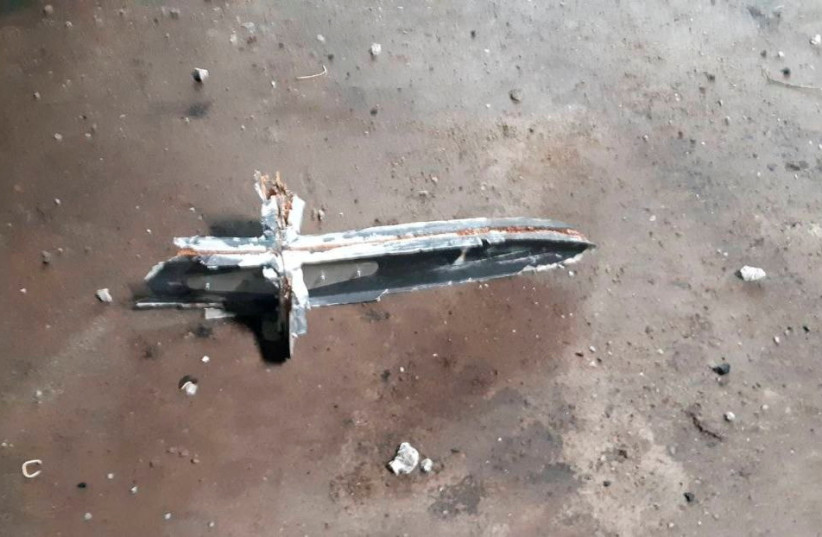Senior Defense Ministry official Brig.-Gen. (res.) Danny Gold on Tuesday said Israel’s air defense lasers, when fully deployed in the future, could shoot down the drones Iran has been sending against Ukraine.
Speaking at the Artificial Intelligence (AI) conference at Tel Aviv University, the Director of MAFAT [Directorate of Defense Research & Development] said his ministry is working on developing “the next generation of using lasers.”
He talked about multiple successful tests destroying rockets “with a very sophisticated laser weapons system… We have done the same for mortars, rockets and UAVs (Unmanned Aerial Vehicles), like the Iranian UAVs they are sending to Ukraine. The same concept of UAV, we can shoot them down.”
In February 2022, then prime minister Naftali Bennett proclaimed that Israel’s ability to use lasers had jumped forward and could be operational much sooner than people had expected.
Last month, Aviv Kohavi told The Jerusalem Post in an outgoing interview as IDF chief, “The laser defense system is truly great news. It will be both land- and air-based. I do want to be cautious regarding timeframes. In another two years, we expect to deploy systems along the Gaza Strip border to test this tool’s effectiveness.”
“The laser defense system is truly great news. It will be both land- and air-based. I do want to be cautious regarding timeframes. In another two years, we expect to deploy systems along the Gaza Strip border to test this tool’s effectiveness.”
Aviv Kohavi

“It has worked very well in field tests. If this experiment works, and we continue to integrate and enhance the laser defense system over two years, we will move as fast as possible to deploy it across the entire North. I cannot commit to a specific number of years. I don’t want to be optimistic and I also don’t want to be pessimistic,” he said.
Kohavi added, “I know that there has been great progress over the last three years and we invested a lot of money in this. We defined the laser defense system as having multiple benefits that we would need to invest a lot in. I am happy that it has progressed so much.”
Israel's MAFAT must avoid "the valley of death"
In other comments at the conference, Gold warned that in order for his ministry and others to keep up with technological advancements, they needed to avoid “the valley of death.” This was a name he and others sometimes give for the gap between wanting to make a large new idea happen which will take a long time, bringing together the immense financing needed and somehow keeping the ship afloat during the many years of uncertainty along the way.
In order to overcome this dilemma, he said, “We changed inside our organization, to process faster. If [ministry affiliated] researchers want to work with a start-up, it can happen in [only] two months. In the past, it was one year. I hope we can shrink it to two weeks.”
Likewise, he said that, “the one-year process for setting up” a new AI platform, “we are shrinking to one month.”
Besides using startups to speed up and alter the funding and bureaucracy dynamics, he said that the ministry is partnering with foreign investors from Canada, Japan and Singapore with common interests as well as “raising money with some pension funds in Israel to invest in our organization.”
All of this goes along with still partnering with Israeli defense giants like Rafael, Elbit and Israel Aerospace Industries.
Further, he said, the ministry is using AI algorithms with new kinds of sensors and complex physics applications to break through immense amounts of raw data.
Next, he said that his ministry has designed an app “which is very fast and we change the operator [situation so] the operator doesn’t need to be an expert in the field.”
Moreover, he said, “We want to take the DNA revolution… and synthetic biology – we want to engineer things like viruses or germs to detect explosives in the field and then radiate some light and we can get the light withdrawn," in the process of destroying the explosives.
"This can also have medical uses, in engineering and with sensors. It’s another emerging technology that is booming,” he added.
